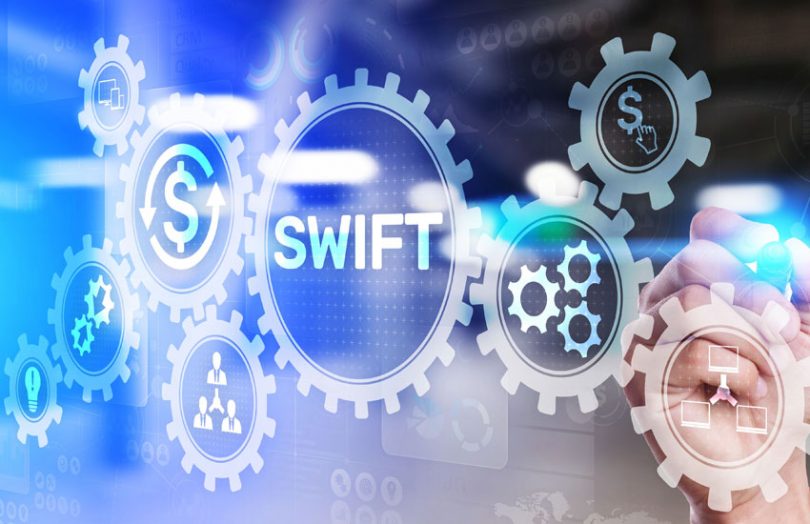In the first quarter of 2022, payment network SWIFT plans to run innovation pilots to explore interoperability in the tokenized asset market. Participants include Clearstream, Northern Trust, Citi-backed enterprise blockchain firm SETL, and other industry players. These will encompass securities market infrastructures, local custodians and global custodians.
As bonds, stocks, funds, commodities, real estate, and other assets get tokenized, there’s a risk of increasing fragmentation between different blockchain platforms and between the traditional and tokenized worlds.
In the traditional world, the SWIFT network has provided the glue for cross border payments, so it wants to explore a potential role in this tokenized future, particularly in enabling interoperability. Both SETL and Northern Trust will play a role in integrating various DLT platforms.
SETL will provide its PORTL tools that support interoperability between various blockchain technologies, including Corda, Besu, Fabric, DAML, and SETL’s own ledger. SETL’s technology has been live for years in production deployments such as the French IZNES funds platform. Recently, the company was involved in central bank digital currency (CBDC) trials with the Banque de France.
SWIFT’s blockchain history
The timing of SWIFT’s experiments comes shortly after the go-live of the SIX Digital Exchange (SDX), which could act as a spur for greater tokenization amongst institutions. A European sandbox for tokenized securities is also likely to become active in late 2022, as legislation continues to progress.
This is by no means SWIFT’s first outing with blockchain and DLT.
Earlier this year, it published a joint CBDC paper with Accenture. It sees a role for itself as a trusted intermediary for cross-border CBDC payments. However, a key feature of DLT is the reduction of intermediaries, although there is a need for network operators.
Currently, multiple ongoing m-CBDC projects for cross border payments operate without intermediaries but clearly involve networks. While these solutions help with faster, cheaper international payments, there are real risks of a future in which cross border payments are far more fragmented than today.
In 2019, SWIFT’s former head of capital markets strategy proposed using the SWIFT network for blockchain interoperability.
The same year it partnered with R3 for a payments trial using enterprise blockchain Corda.
SWIFT completed a significant trial in 2018 when the technology was somewhat immature and concluded blockchain could not scale because the test was based on bilateral channels. With more than 10,000 partners, the number of bilateral channels is very substantial.







